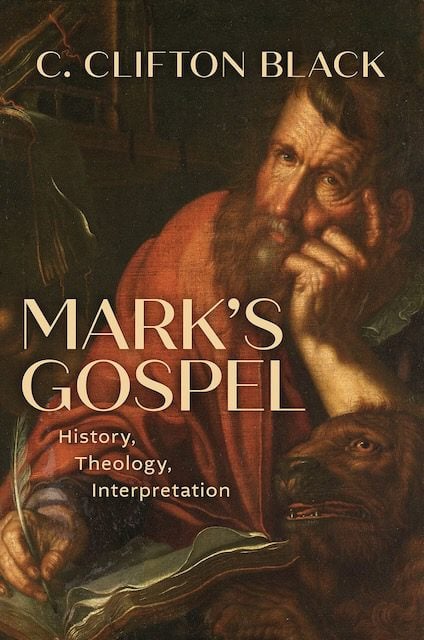Q. While there are not a lot of major differences I have with your reading of Mark, I am quite unconvinced with the idea that the original ending is found in 16.8, despite the later attempts to add a longer or shorter conclusion. I say this for a lot of reasons: 1). ‘ephobounto gar’ is not a proper ending to anything— a Greek sentence, a paragraph, much less a biography. This doesn’t work at the grammar or syntax level; 2) Neither Matthew nor Luke thought that was the original ending of the story, and in Matthew’s case, he takes over a good 95% of Mark. I see no reason why we cannot find Mark’s lost ending in Mt 28.9-10, and then an appearance story in Galilee; 3) as 1 Cor. 15 makes clear, it is not the resurrection Jesus by itself, but rather his appearance to disciples and others that was the game changer, and 1 Cor. 15 is surely the earliest testimony of how the church viewed the end of the story; 4) It’s one thing to say that the long ending or the shorter ending (and see codex Washingtonius) are not the original endings which I entirely agree with. It is quite another to say ‘the earliest witnesses do not go beyond Mk.16.8. But we don’t know this because we have no witnesses from without 50 or so years when Mark’s Gospel emerged. We may yet find some; 5) even if this Gospel has some apocalyptic segments and features, which it does, after Easter keeping the Messianic secret and discrediting the last available faithful witnesses (i.e. the women at the tomb) surely is not the order of the day. After Easter we need disclosure, not more hiddenness. 6) This whole line of thought, Don Juel notwithstanding that takes 16.8 as the original ending strikes me, as an English major, as an all too modern way of reading Mark. It might be appropriate in an existential story by Camus or Sartre or others, but not by an ancient writer like Mark. 7). Claytion Croy in my mind has made a strong case that the original ending of Mark suffered mutilation, as when an ancient document was read, the outermost exposed edge was the end of the document since they were not usually rewound, and since the syllabus or I.D. tag was always put at the end of the document. And again, the creators of the long ending etc. clearly didn’t see 16.8 as the ending of this document.
So, my question is twofold— 1) Why am I wrong about this?; 2) How would it change your reading of Mark if you discovered there was an actual better ending?
CCB: (1) You may be right. (2) I don’t know.
Our earliest, finest Greek manuscripts of Mark end at 16:8: “And [the women] went out and fled from the tomb; for trembling and astonishment had come upon them; and they said nothing to anyone, for they were afraid.” Few scholars dispute that. Neither in print nor in teaching have I ever claimed that we know for a fact that Mark originally ended there. I have cautiously suggested to my students that it may have been so. Alternatively, the Gospel could have ended with wording composed by Mark that has not survived. Or Mark could have intended a different ending that for whatever reason he was prevented from writing. All are viable options. Logically, we cannot prove a negative. We simply don’t know.
You and I disagree at two points: one, historical; the other, hermeneutical. Historically, any number of ancient writings end with unexpected abruptness: Homer’s Iliad, Virgil’s Aeneid, the Book of Jonah. If you think about it, Acts 28:30–31 is open-ended. It’s less obvious, because Luke concludes his story on a cheerful upbeat.
Hermeneutically, if Mark intended 16:8 as his ending, I consider it a stroke of genius. If he didn’t intend that, then it may be providential that it does so end. This I have written: “For this Gospel to have ended on another’s triumphant flourish—indeed, for it to have ended any way other than it does—would have undermined everything this evangelist has said about God’s kingdom, its Messiah, and his subjects. Mark is a book about God’s shattering of human expectations; Mark as a book shatters everything its readers thought it understood—even the conventions of how a Gospel should end” (Mark, Abingdon New Testament Commentaries, 2011). In other words, Mark’s Gospel doesn’t merely contain parables; this Gospel ends parabolically, whether by design or by accident. I honestly cannot imagine a finer ending to Mark than that at 16:8.














